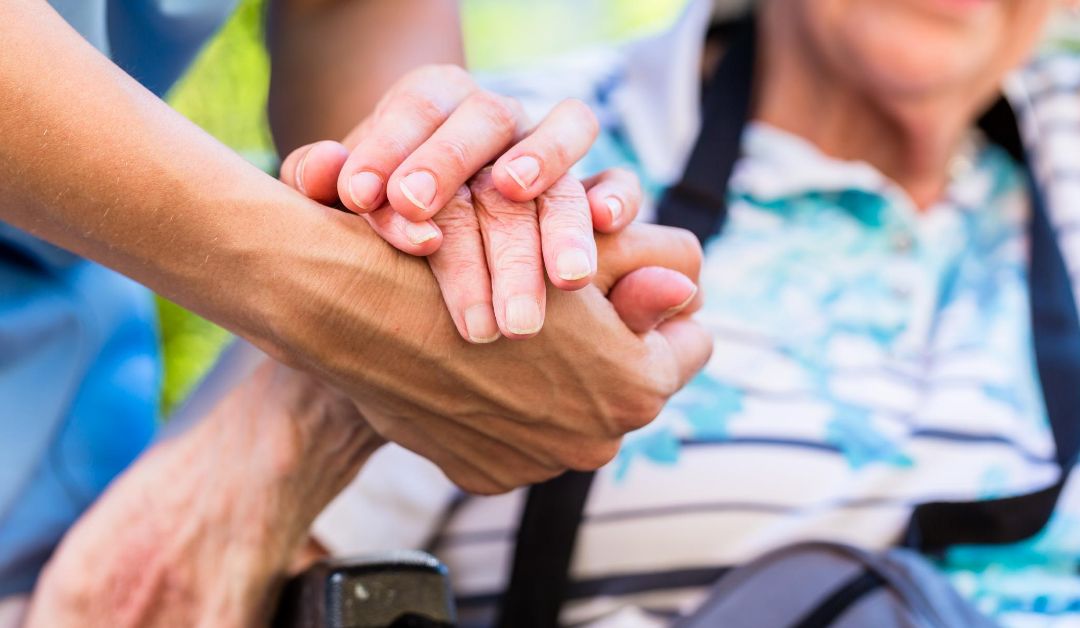The number of unpaid caregivers rose from 43.5 million Americans providing unpaid care to an adult or child in 2015 to over 53 million in 2020. If you have been a caregiver in the past, are a caregiver now, or expect to care for an elderly parent or relative at some time in the near future, you need to pay attention. The stress of being a full-time caregiver is no joke; whether you are caring for a disabled child or an aging parent, you need to care for yourself too.
Caregivers are faced with an overwhelming amount of stress, which, if left unattended, can result in burnout. Burnout occurs when the mental, emotional, and physical demands of a long-term stressor begin to weigh so heavily on an individual that they hit a breaking point.
Common signs of burnout include anxiety, depression, chronic fatigue, feelings of resentment, failure to take care of responsibilities, health problems, neglecting personal hygiene, and feelings of hopelessness. The impacts of ignoring stress can reach beyond simple frustrations and petty outbursts. The impacts can become dangerous, It can put the caregiver and the cared for at risk. If you are a caregiver, please take care of yourself first and use the below tips as an outline.

Don’t Do It Alone
Spending most of your time with the individual who relies on you solely for their day to day survival can feel suffocating and lonely. You need to care for yourself too. You might feel like no one out there could possibly understand the guilt you have over the resentment you sometimes feel towards the individual you’re caring for. But don’t believe that lie. There are others out there who do understand, who are in the same place as you right now. Find community by searching support groups in your area or confide in a close and trustworthy group of friends.
Schedule Caregiver Breaks
Being a full-time caregiver doesn’t mean losing those years of your life. Just like a regular job, you need time away. A night out, a long weekend, or a long-awaited vacation are all things you genuinely need and deserve.
Caregivers often think getting away is impossible. That no one will be able to manage the caregiving responsibilities in your absence. That is not true. If you have family nearby, you can ask for their support to spread out the caregiving duties and give you a break. Even if you do not have family near, there are qualified and wonderful individuals found through reputable organizations who can provide respite care in your home.
Take advantage of these opportunities. Ask for help and give yourself time away to refresh.
Put Yourself First
We all know that if the oxygen masks drop on an airplane, we are supposed to put our masks on first before assisting those around us. This is true in absolutely every caregiving situation. You need to take care of yourself first because if you aren’t mentally, emotionally, and physically healthy, you won’t be able to properly care for anyone.
Self-care means being conscientious of eating well, getting proper physical activity, and being aware of what you need. If you notice you have slipped into a habit of irritability, that could be a sign that you need some time away. If you’ve found yourself feeling lonely, you might need to invite a friend over for lunch or meet some friends for coffee. Being aware of your own state of being and reacting to where you are in the moment, is step one to great self-care.
If you are deep into the stress of caregiving and are trying to dig yourself out but don’t know where to start, start with the above 3 guideposts. If you feel that you need an extra push explore regular CBD use. Cannabidoil has proven to be extremely effective. The best part is that our CBD products are all-natural. CBD in general has shown to have no proven risk of becoming habit-forming. Another important part of self-care is trying new things that can help get you on a path to well-being. CBD might be just the thing for you.

